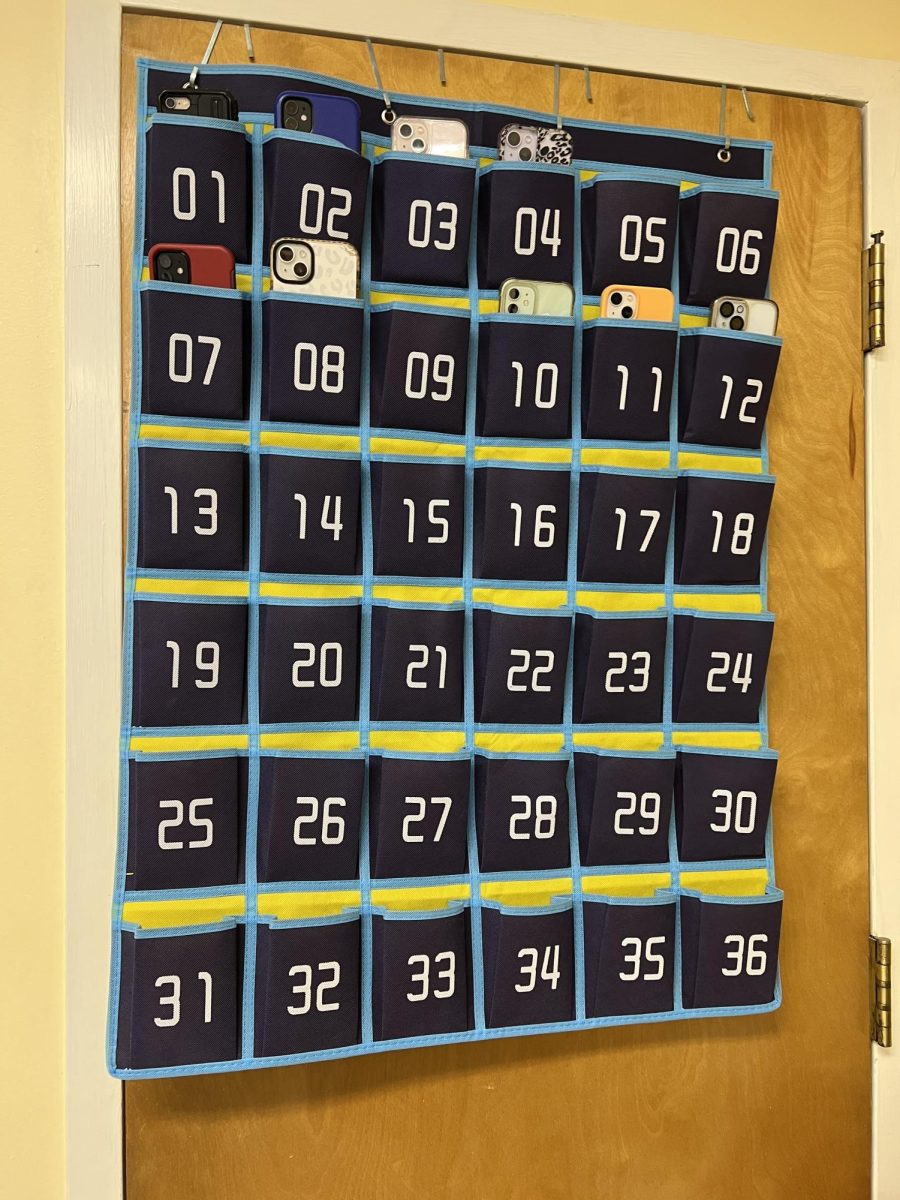For many years, Friends addressed student behavior around drugs and alcohol with a substance use policy that was mostly punitive. But this year, things are starting to change. Friends is looking at that policy through a new lens, trying to tailor it more towards helping students who struggle with addiction.
One proposal for how to do this involves something called a “sanctuary policy.” At Friends, this might create a space for students to share concerns with adults, about friends or peers with addiction, without the situation resulting in disciplinary action.
“The idea of supporting people who have addiction issues is not new, but the sanctuary policy is,” says History teacher and 12th Grade Dean Jon Garman. “I think it’s us trying to figure out ways to get other people, who know what’s going on with their friends, to support their friends. But we have to create a climate where nobody feels like they’re getting in trouble for that, the student isn’t getting in trouble, and we’re really treating it more as a health problem”
As for the timing of the change in policy, Bill Ball, the Dean of Student Life, points to the vaping epidemic as the prime source of why the school thinks it so important for these conversations to start happening now.
One of the many reasons that students have been pushing for this change in policy is due to the links between mental health and substance abuse.
“There’s definitely an issue of students self-medicating with [illegal substances.] It’s really hard because there is such an emotional piece to being addicted to something. Especially when you’re using them to cope,” says Elle Rusinoff (‘22).
Noah Tunis ‘20 theorizes that, “most of the kids who have gone to rehab begin because of mental health, and then expand because of dependency.”
Some students hesitate to avail themselves of the mental health resources at school out of fear of getting in trouble with their parents or the administration. However, it is important to note that Amy Melchin, the Upper School guidance counselor, has a code for situations like this.
“When students come to me to talk, and they share with me that they’ve used substances, whether it’s drugs or alcohol or something else, it does not require me to become involved.” says Ms. Melchin. She is only required to intervene “if I assess that a student does have a substance use disorder, or seems they are developing one.”
Melchin is the only full-time mental health professional in the Upper School. Because of this and the links between substance use disorders and mental health, students are calling for help.
“I think we need to have somebody specialized on how to counsel students dealing with substance use disorders on campus,” says Elle.”
All of this coincides with the changing policy.
Because discipline at Friends is currently currently taken case by case, it is hard to generalize about what happens around substance use on campus. But Ball explains that the school only takes action when they suspect a student is using, or has used, an illegal substance on campus or at a school-sponsored event.
“I don’t think there’s ever been a time, in my time here, where we’ve disciplined students for something substance-wise happening off campus,” comments Ball.
Then, the student normally appears before the Student Faculty Disciplinary Committee or SFDC (for more on this committee, see [insert headline of Molly’s story here], page 1)). Most illegal-substance-related cases have ended in an out-of–school suspension at minimum.
This is the part that may change.
“We’re exploring how it would look if the discipline, like a suspension, would be taken out of the equation. How that might help our community, and have people get help when they need it, and make better choices,” says Ball.
As of 2019, the school started to take action to make changes to the policy. In December, at a Meeting for Business (USMFB) in the Upper School, Spanish teacher Spanish teacher Tom Binford, and English teacher English teacher Amy Schmaljohn led students through a discussion on their thoughts on changing the policy and what it might look like. Beyond this, there are talks of even creating a task force of students to discuss the issue in more depth. They welcome all community members to the next meeting and encourage the student body to join these discussions.
Unfortunately, this is not a quick process. So far this year, there have been four Meetings for Business, and no concrete changes have been made surrounding the way Friends handles substance use disorders.
Students who are struggling, or watching their friends struggle, say the school can’t move fast enough on this life-and-death issue.
Noah Tunis (‘20) emphasizes that “Now more than ever, it’s important [for the school] to be proactive rather than reactive in our policies – and also …- invested in mental health services over punishment.”


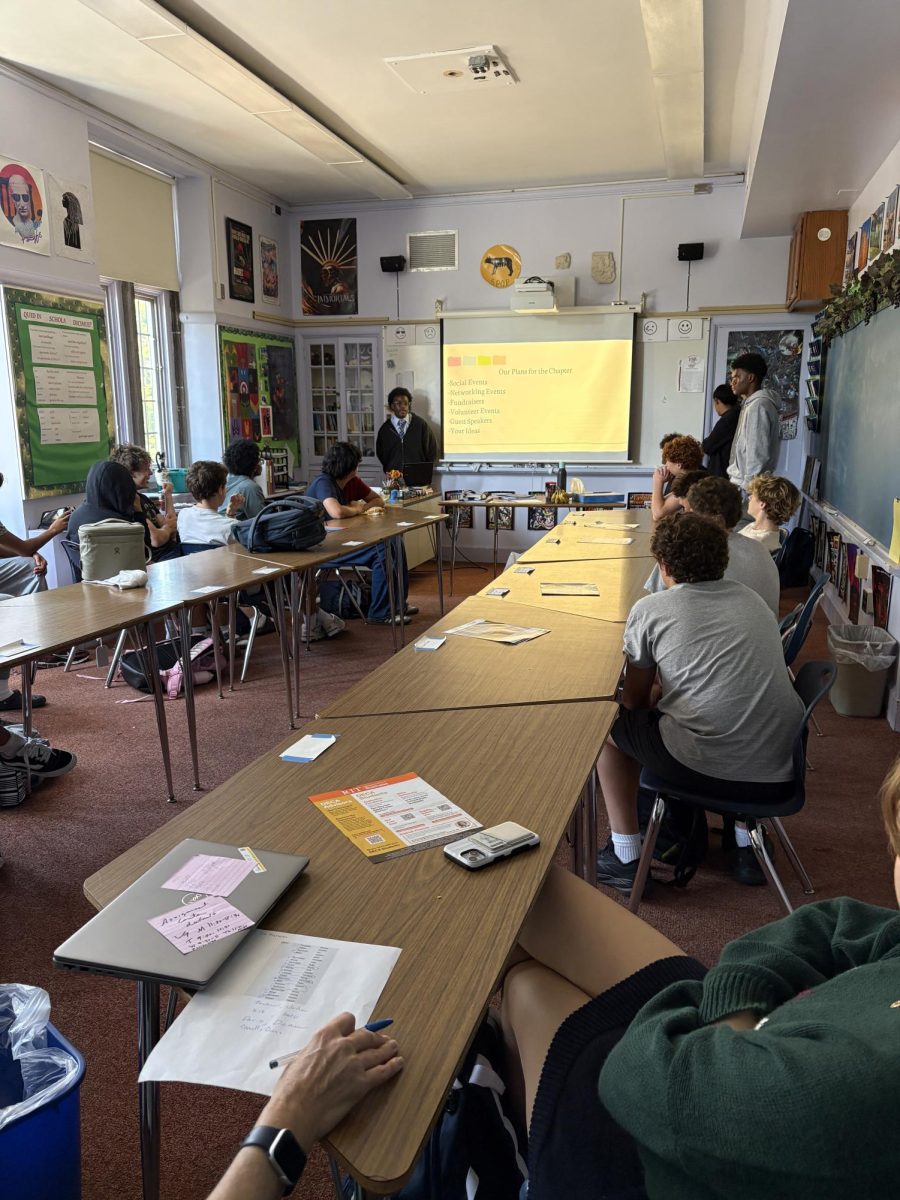
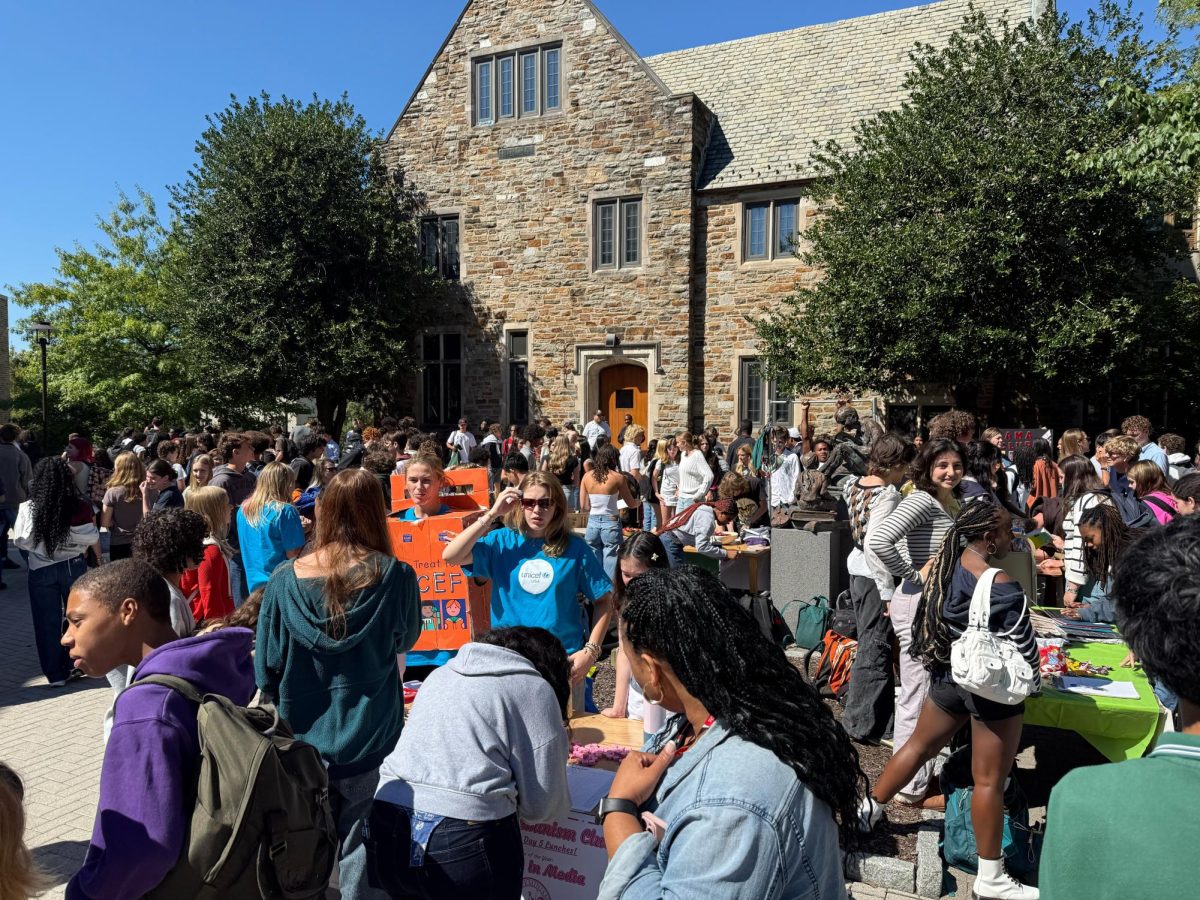






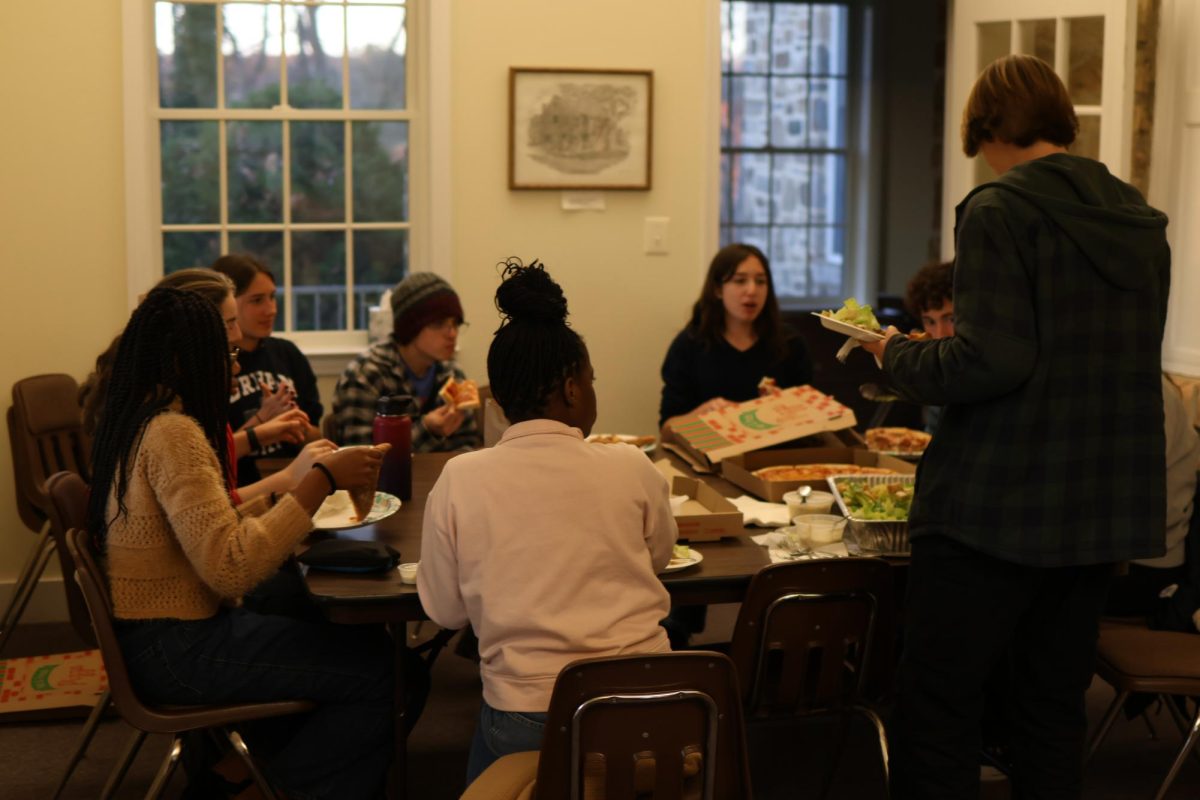

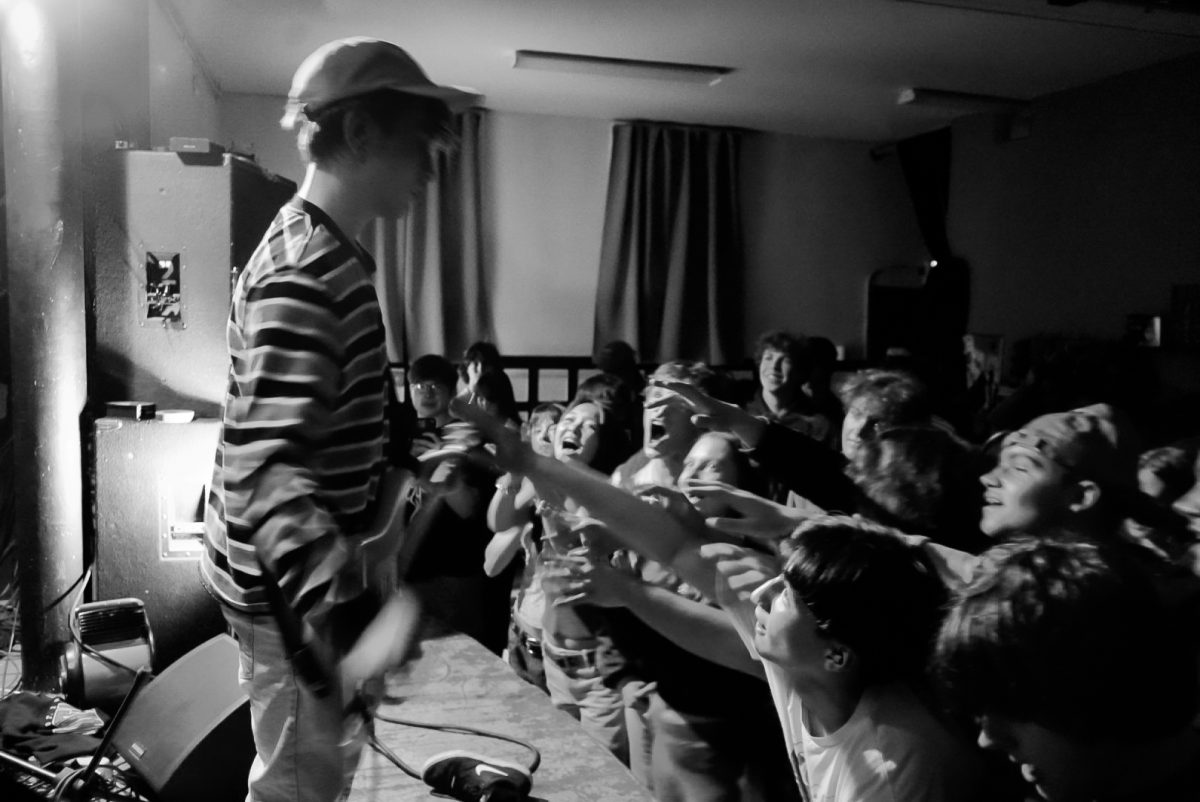

![How Freestyle Club Began [Podcast]](https://thequakerquill.org/wp-content/uploads/2025/05/charly-alvarez-Jv9untmB7G4-unsplash-1200x800.jpg)
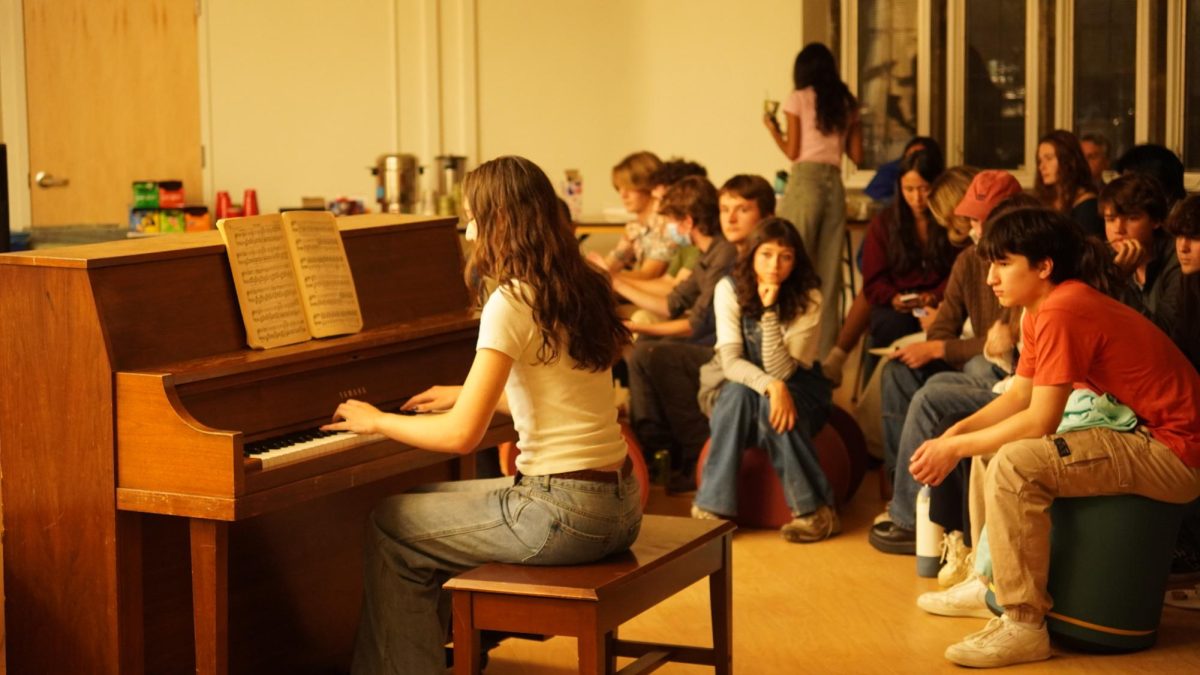
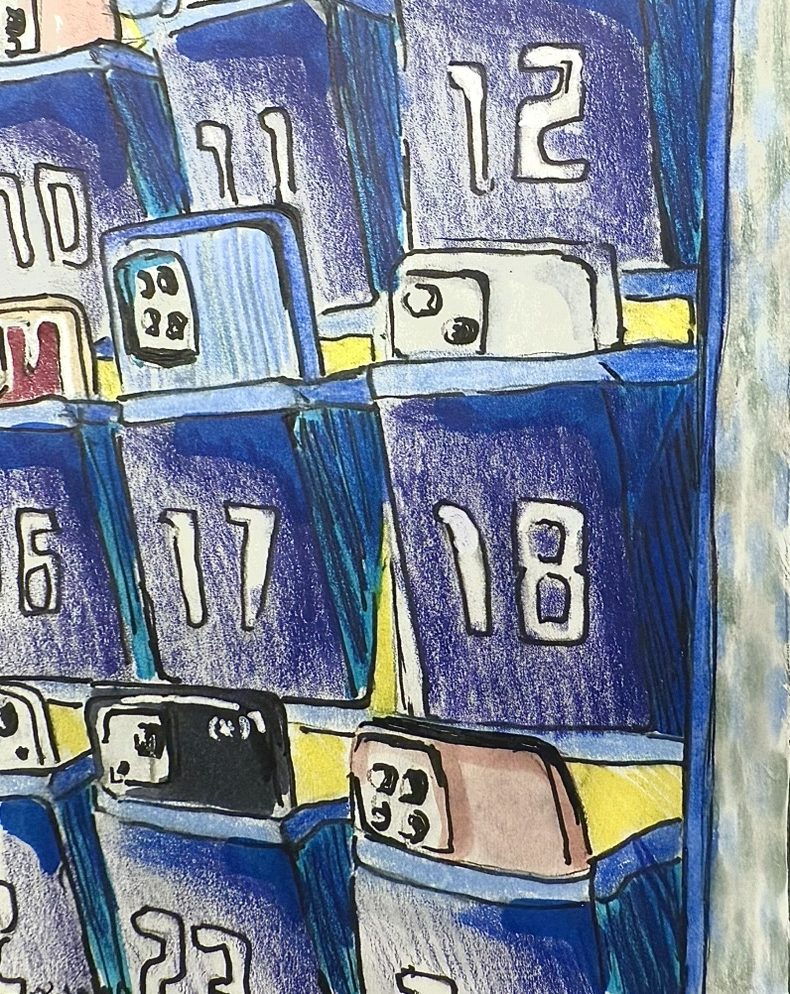
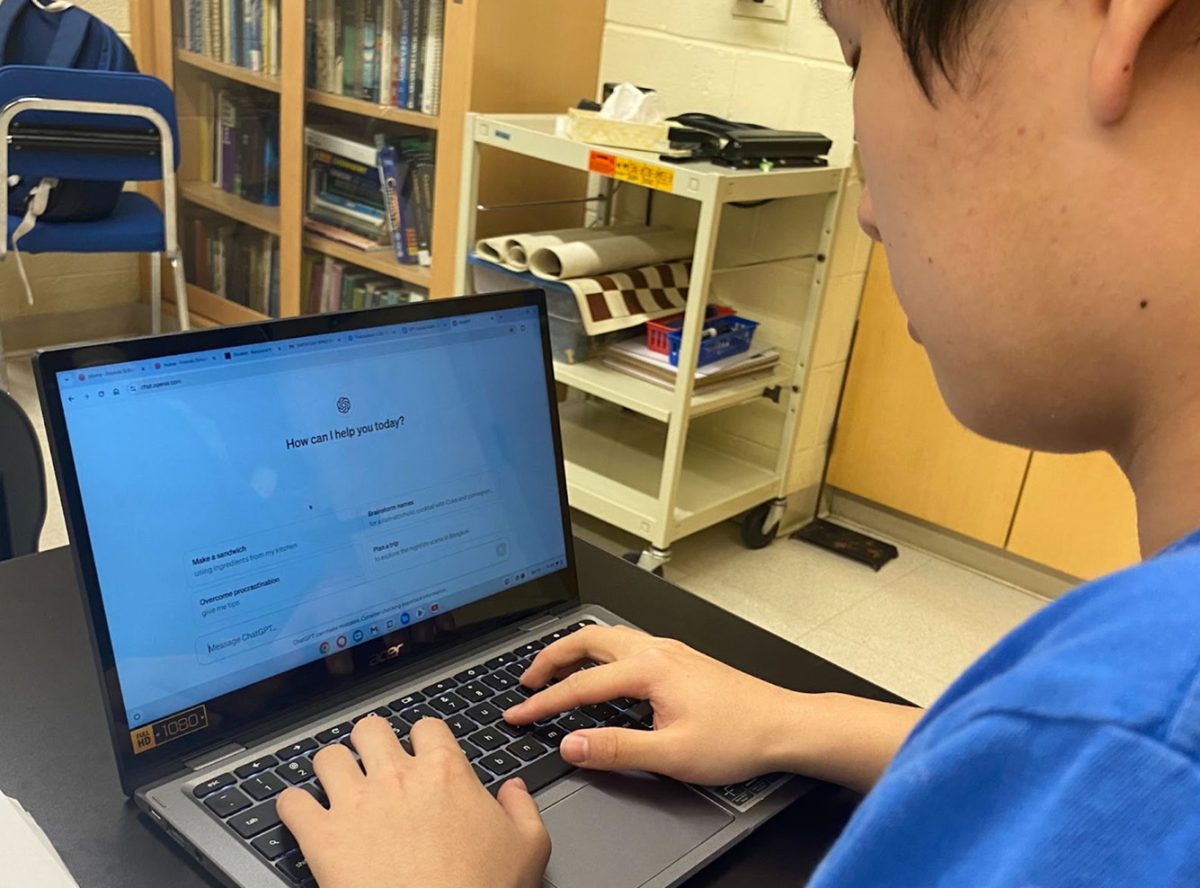
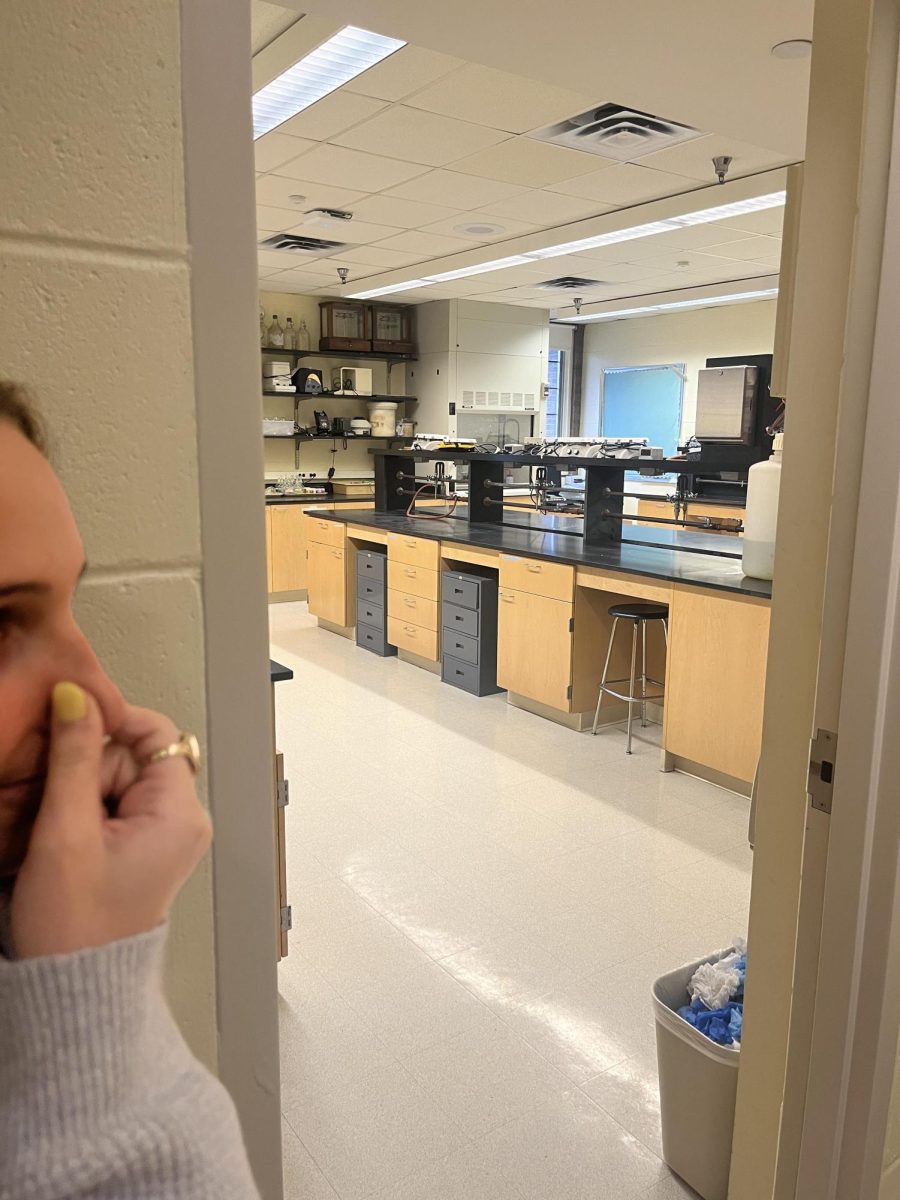




![What makes you feel good about yourself? [Podcast]](https://thequakerquill.org/wp-content/uploads/2025/10/madison-oren-uGP_6CAD-14-unsplash-1200x800.jpg)




![A Phone Ban at Friends? [Podcast]](https://thequakerquill.org/wp-content/uploads/2025/05/magenta-VrRT19_ZjUY-unsplash-1200x900.jpg)













